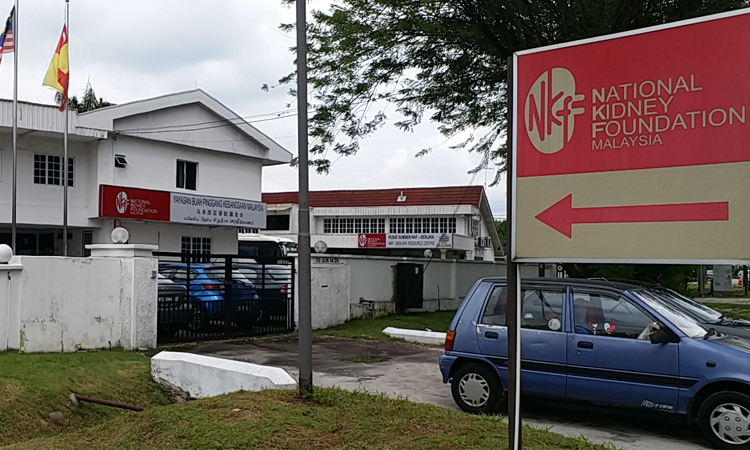- About
- Kidney Disease
- Public Education
- Treatment
- Patient Welfare
- Training
- Events
- SUPPORT US
- News
- Research


IMPROVE FUNDING STRATEGY FOR HAEMODIALYSIS TREATMENT IN MALAYSIA FOR BETTER HEALTH OUTCOMES
March 2023 – National Kidney Foundation (NKF) applauds the increase in this year’s budget allocation towards the health sector. The Ministry of Health received a 12% bump in comparison to budget 2022 going from RM32.4 billion to RM36.3 billion, the second largest allocation after the Ministry of Education. The Prime Minister announced on 24th February 2023 that RM4.9 billion would be allocated to purchase medicine, reagents, vaccines, and consumables, RM120 million would go towards the Madani Health Scheme for the poor to receive treatment at private clinics, RM80 million for Peka B40, and RM15 million for non-communicable disease prevention in the community.
With this allocation, NKF proposes that the government re-strategise the dialysis funding process in Malaysia to improve patients’ health outcomes, especially among the poor and hardcore poor patients. According to the Department of Statistics Malaysia (DOSM), this demographic of the population has reportedly increased by 39.4% and 73.2% respectively between 2019 and 2021. It will be difficult for poor and hardcore poor kidney patients to get quality dialysis treatment as they cannot afford the cost of all the necessary treatments.
By 31st December 2021, 49,770 patients had been diagnosed with End Stage Renal Disease (ESRD) and were under dialysis treatment. 48.1% of these patients are funded by the government, 23.2% by SOCSO, 12.2% by Zakat/Baitulmal and others (out-of-pocket, NGOs, insurance, employer-subsidised). Although the government funds almost fifty percent of dialysis treatment, the allocation must be more uniform among different government funding agencies. The current subsidy values for haemodialysis treatment differs across various agencies, making it difficult for patients to receive consistent quality treatment. The payment currently focuses on the cost of the actual haemodialysis procedure. Not all treatments required during haemodialysis are subsidised, requiring patients to pay out-of-pocket for other necessary treatments such as vascular access procedures, oral medications, injections, laboratory tests and doctor consultations. Based on NKF’s internal data, the total cost for every haemodialysis treatment is approximately RM 200. Nonetheless, NGOs such as NKF are only reimbursed RM100-130 per haemodialysis treatment by certain government agencies. This subsidy is insufficient to cover all the necessary treatment costs.
Although increasing the healthcare budget is a major positive, it is crucial to ensure that the funds are spent efficiently to relieve the financial burden off those that require it the most. With the new budget announcement, NKF proposes that the government revisits the funding process and structure for haemodialysis treatment by including all service bundles of necessary treatment required for haemodialysis patients. It is paramount to subsidise those necessary treatments in order for patients to receive holistic and comprehensive care, a better prognosis, and a longer life expectancy with the ability to return to the workforce. The necessary treatment to be included in the funding is, Erythropoietin-stimulating agents (ESAs) injection and Parenteral Iron, treatment for mineral bone disease, and laboratory tests for disease monitoring.
This new funding strategy for haemodialysis can improve the quality of care, thus resulting in better patient health and quality-of-life outcomes, increased patient satisfaction and potentially increased productivity. The proposed strategy should emphasise that treatment providers meet certain performance/quality indicators to continue receiving funding as it will ensure better outcomes for the patients. Further discussion is warranted to establish a system for monitoring and reporting on the performance outcomes to ensure that providers are held accountable for achieving the desired patient outcomes. There is also an urgent need to review the overall funding strategy and allocation for other end-stage renal failure treatment modalities, namely peritoneal dialysis and kidney transplant. NKF proposes adopting a society-wide approach to addressing these pertinent issues affecting the nation’s most vulnerable and underserved communities. It is imperative for all stakeholders, including government departments, government agencies, payors, dialysis service providers, industry players, patient groups, and NGOs to work collaboratively toward building a more sustainable, comprehensive, and inclusive funding strategy for the Rakyat.
Sources:
